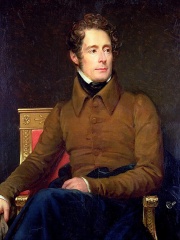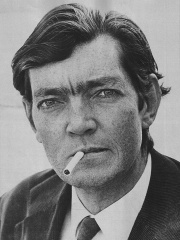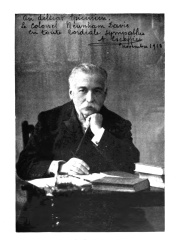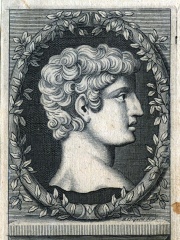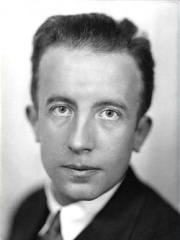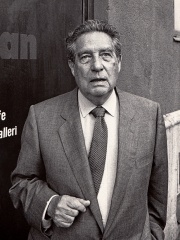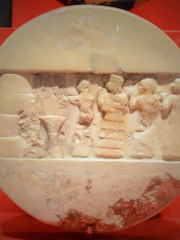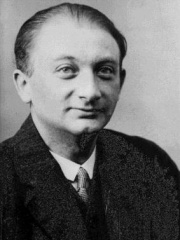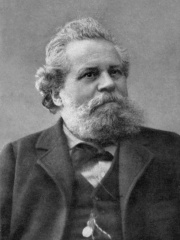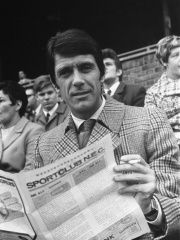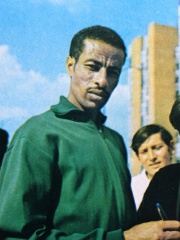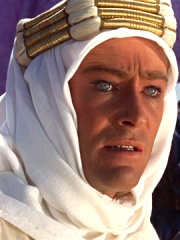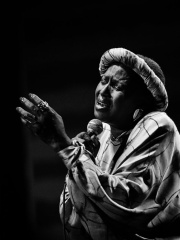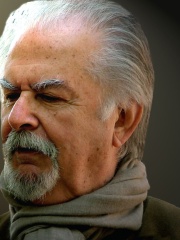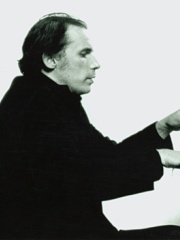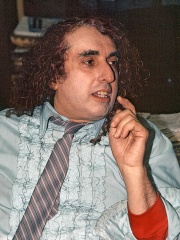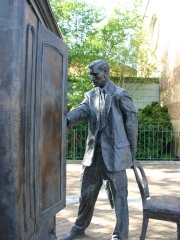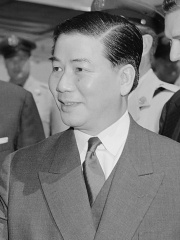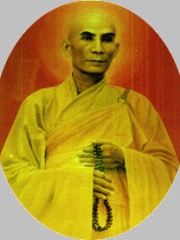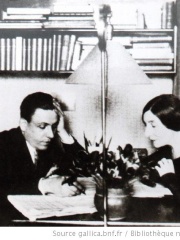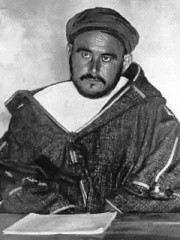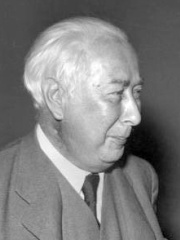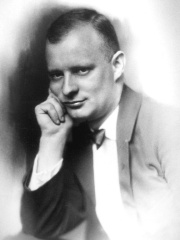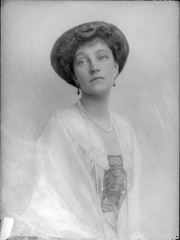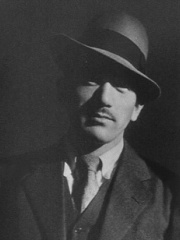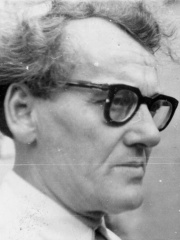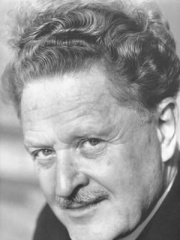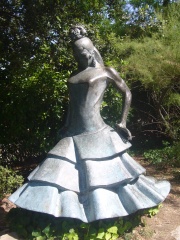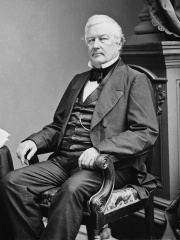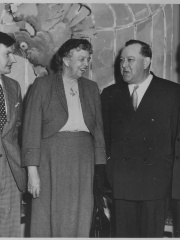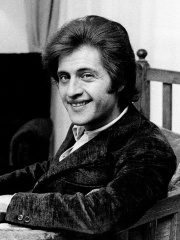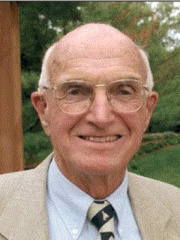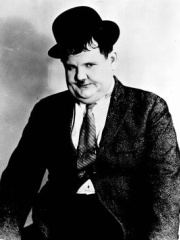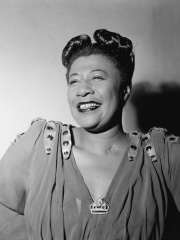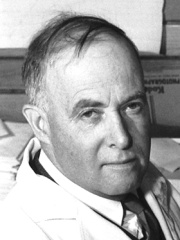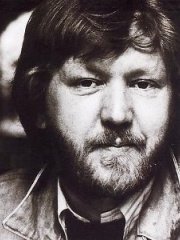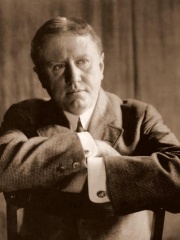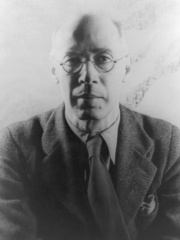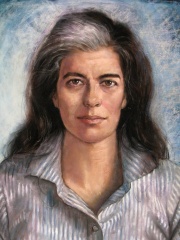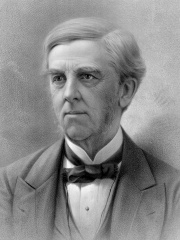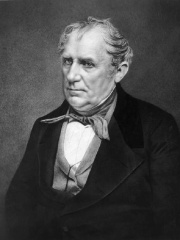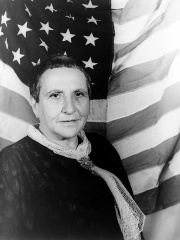WRITER
Sylvia Plath
1932 - 1963

 Sylvia Plath
Sylvia Plath
Sylvia Plath (; October 27, 1932 – February 11, 1963) was an American poet and author. She is credited with advancing the genre of confessional poetry and is best known for The Colossus and Other Poems (1960), Ariel (1965), and The Bell Jar (1963), a semi-autobiographical novel published one month before her suicide. The Collected Poems was published in 1981, which included previously unpublished works. For this collection Plath was awarded a Pulitzer Prize for Poetry in 1982, making her the fourth person to receive this honor posthumously. Read more on Wikipedia
Her biography is available in 81 different languages on Wikipedia (up from 80 in 2024). Sylvia Plath is the 391st most popular writer (up from 413th in 2024), the 464th most popular biography from United States (down from 389th in 2019) and the 41st most popular American Writer.
Sylvia Plath is most famous for her novel The Bell Jar, which was published in 1963. The novel is semi-autobiographical and tells the story of Esther Greenwood, a young woman who is slowly going insane.
Memorability Metrics
Page views of Sylvia Plath by language
Among WRITERS
Among writers, Sylvia Plath ranks 391 out of 7,302. Before her are Alphonse de Lamartine, Ali-Shir Nava'i, Julio Cortázar, Auguste Escoffier, Cornelius Nepos, and Elena Ferrante. After her are Paul Éluard, Octavio Paz, Enheduanna, Joseph Roth, Christopher Marlowe, and Giosuè Carducci.
Most Popular Writers in Wikipedia
Go to all RankingsAlphonse de Lamartine
1790 - 1869
HPI: 74.31
Rank: 385
Ali-Shir Nava'i
1441 - 1501
HPI: 74.31
Rank: 386
Julio Cortázar
1914 - 1984
HPI: 74.29
Rank: 387
Auguste Escoffier
1847 - 1935
HPI: 74.28
Rank: 388
Cornelius Nepos
100 BC - 25 BC
HPI: 74.23
Rank: 389
Elena Ferrante
1943 - Present
HPI: 74.21
Rank: 390
Sylvia Plath
1932 - 1963
HPI: 74.19
Rank: 391
Paul Éluard
1895 - 1952
HPI: 74.18
Rank: 392
Octavio Paz
1914 - 1998
HPI: 74.17
Rank: 393
Enheduanna
2300 BC - 2300 BC
HPI: 74.16
Rank: 394
Joseph Roth
1894 - 1939
HPI: 74.16
Rank: 395
Christopher Marlowe
1564 - 1593
HPI: 74.16
Rank: 396
Giosuè Carducci
1835 - 1907
HPI: 74.14
Rank: 397
Contemporaries
Among people born in 1932, Sylvia Plath ranks 19. Before her are Cesare Maldini, Luc Montagnier, Roh Tae-woo, Abebe Bikila, Anouk Aimée, and Peter O'Toole. After her are Miriam Makeba, Fernando Botero, François Englert, Glenn Gould, Raisa Gorbacheva, and Tiny Tim. Among people deceased in 1963, Sylvia Plath ranks 18. Before her are C. S. Lewis, Ngo Dinh Diem, Thích Quảng Đức, Francis Poulenc, Abd el-Krim, and Theodor Heuss. After her are Paul Hindemith, Archduchess Elisabeth Marie of Austria, Yasujirō Ozu, Józef Gosławski, Nâzım Hikmet, and Carmen Amaya.
Others Born in 1932
Go to all RankingsCesare Maldini
SOCCER PLAYER
1932 - 2016
HPI: 75.66
Rank: 13
Luc Montagnier
BIOLOGIST
1932 - 2022
HPI: 75.42
Rank: 14
Roh Tae-woo
POLITICIAN
1932 - 2021
HPI: 75.38
Rank: 15
Abebe Bikila
ATHLETE
1932 - 1973
HPI: 75.20
Rank: 16
Anouk Aimée
ACTOR
1932 - 2024
HPI: 74.50
Rank: 17
Peter O'Toole
ACTOR
1932 - 2013
HPI: 74.28
Rank: 18
Sylvia Plath
WRITER
1932 - 1963
HPI: 74.19
Rank: 19
Miriam Makeba
SINGER
1932 - 2008
HPI: 73.35
Rank: 20
Fernando Botero
PAINTER
1932 - 2023
HPI: 73.22
Rank: 21
François Englert
PHYSICIST
1932 - Present
HPI: 73.03
Rank: 22
Glenn Gould
MUSICIAN
1932 - 1982
HPI: 73.01
Rank: 23
Raisa Gorbacheva
POLITICIAN
1932 - 1999
HPI: 72.91
Rank: 24
Tiny Tim
SINGER
1932 - 1996
HPI: 72.53
Rank: 25
Others Deceased in 1963
Go to all RankingsC. S. Lewis
WRITER
1898 - 1963
HPI: 76.86
Rank: 12
Ngo Dinh Diem
POLITICIAN
1901 - 1963
HPI: 76.40
Rank: 13
Thích Quảng Đức
SOCIAL ACTIVIST
1897 - 1963
HPI: 75.84
Rank: 14
Francis Poulenc
COMPOSER
1899 - 1963
HPI: 74.73
Rank: 15
Abd el-Krim
POLITICIAN
1882 - 1963
HPI: 74.67
Rank: 16
Theodor Heuss
POLITICIAN
1884 - 1963
HPI: 74.33
Rank: 17
Sylvia Plath
WRITER
1932 - 1963
HPI: 74.19
Rank: 18
Paul Hindemith
COMPOSER
1895 - 1963
HPI: 74.17
Rank: 19
Archduchess Elisabeth Marie of Austria
POLITICIAN
1883 - 1963
HPI: 73.99
Rank: 20
Yasujirō Ozu
FILM DIRECTOR
1903 - 1963
HPI: 73.59
Rank: 21
Józef Gosławski
SCULPTOR
1908 - 1963
HPI: 72.75
Rank: 22
Nâzım Hikmet
WRITER
1902 - 1963
HPI: 72.26
Rank: 23
Carmen Amaya
ACTOR
1913 - 1963
HPI: 71.50
Rank: 24
In United States
Among people born in United States, Sylvia Plath ranks 464 out of 20,380. Before her are Millard Fillmore (1800), David Rockefeller (1915), Robert Zemeckis (1952), Joe Dassin (1938), Joseph Murray (1919), and Oliver Hardy (1892). After her are Melinda Gates (1964), Kurt Cobain (1967), Ella Fitzgerald (1917), James B. Sumner (1887), Eminem (1972), and Harry Nilsson (1941).
Others born in United States
Go to all RankingsMillard Fillmore
POLITICIAN
1800 - 1874
HPI: 74.24
Rank: 458
David Rockefeller
BUSINESSPERSON
1915 - 2017
HPI: 74.20
Rank: 459
Robert Zemeckis
FILM DIRECTOR
1952 - Present
HPI: 74.20
Rank: 460
Joe Dassin
SINGER
1938 - 1980
HPI: 74.20
Rank: 461
Joseph Murray
PHYSICIAN
1919 - 2012
HPI: 74.20
Rank: 462
Oliver Hardy
ACTOR
1892 - 1957
HPI: 74.19
Rank: 463
Sylvia Plath
WRITER
1932 - 1963
HPI: 74.19
Rank: 464
Melinda Gates
BUSINESSPERSON
1964 - Present
HPI: 74.15
Rank: 465
Kurt Cobain
SINGER
1967 - 1994
HPI: 74.14
Rank: 466
Ella Fitzgerald
SINGER
1917 - 1996
HPI: 74.12
Rank: 467
James B. Sumner
CHEMIST
1887 - 1955
HPI: 74.11
Rank: 468
Eminem
SINGER
1972 - Present
HPI: 74.11
Rank: 469
Harry Nilsson
SINGER
1941 - 1994
HPI: 74.11
Rank: 470
Among WRITERS In United States
Among writers born in United States, Sylvia Plath ranks 41. Before her are J. D. Vance (1984), O. Henry (1862), Ivanka Trump (1981), Henry Miller (1891), Coen brothers (null), and Margaret Mitchell (1900). After her are Frank Herbert (1920), Susan Sontag (1933), Oliver Wendell Holmes Sr. (1809), James Fenimore Cooper (1789), Jack Kerouac (1922), and Gertrude Stein (1874).
J. D. Vance
1984 - Present
HPI: 74.96
Rank: 35
O. Henry
1862 - 1910
HPI: 74.72
Rank: 36
Ivanka Trump
1981 - Present
HPI: 74.61
Rank: 37
Henry Miller
1891 - 1980
HPI: 74.54
Rank: 38
Coen brothers
HPI: 74.48
Rank: 39
Margaret Mitchell
1900 - 1949
HPI: 74.38
Rank: 40
Sylvia Plath
1932 - 1963
HPI: 74.19
Rank: 41
Frank Herbert
1920 - 1986
HPI: 74.08
Rank: 42
Susan Sontag
1933 - 2004
HPI: 73.98
Rank: 43
Oliver Wendell Holmes Sr.
1809 - 1894
HPI: 73.95
Rank: 44
James Fenimore Cooper
1789 - 1851
HPI: 73.85
Rank: 45
Jack Kerouac
1922 - 1969
HPI: 73.77
Rank: 46
Gertrude Stein
1874 - 1946
HPI: 73.55
Rank: 47
